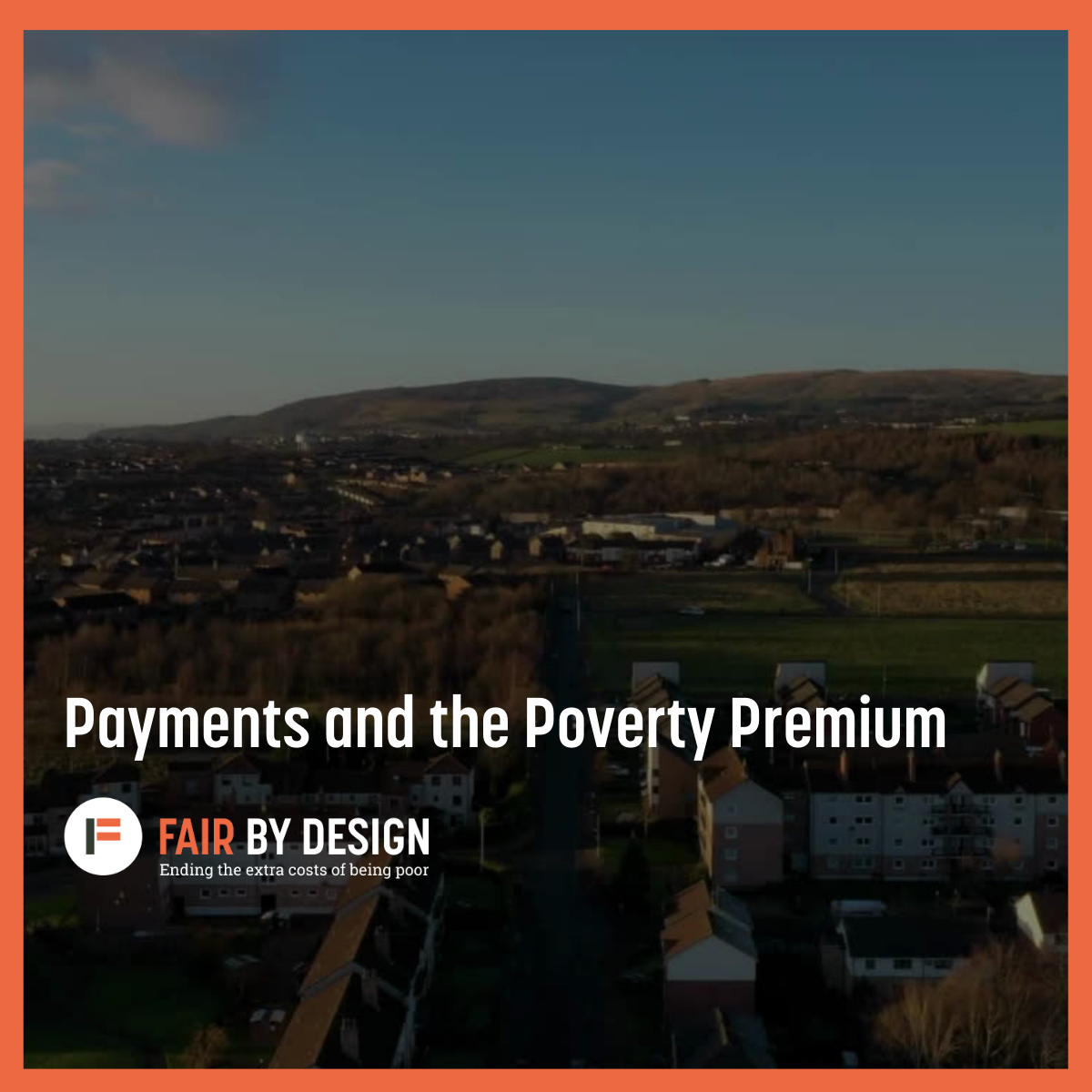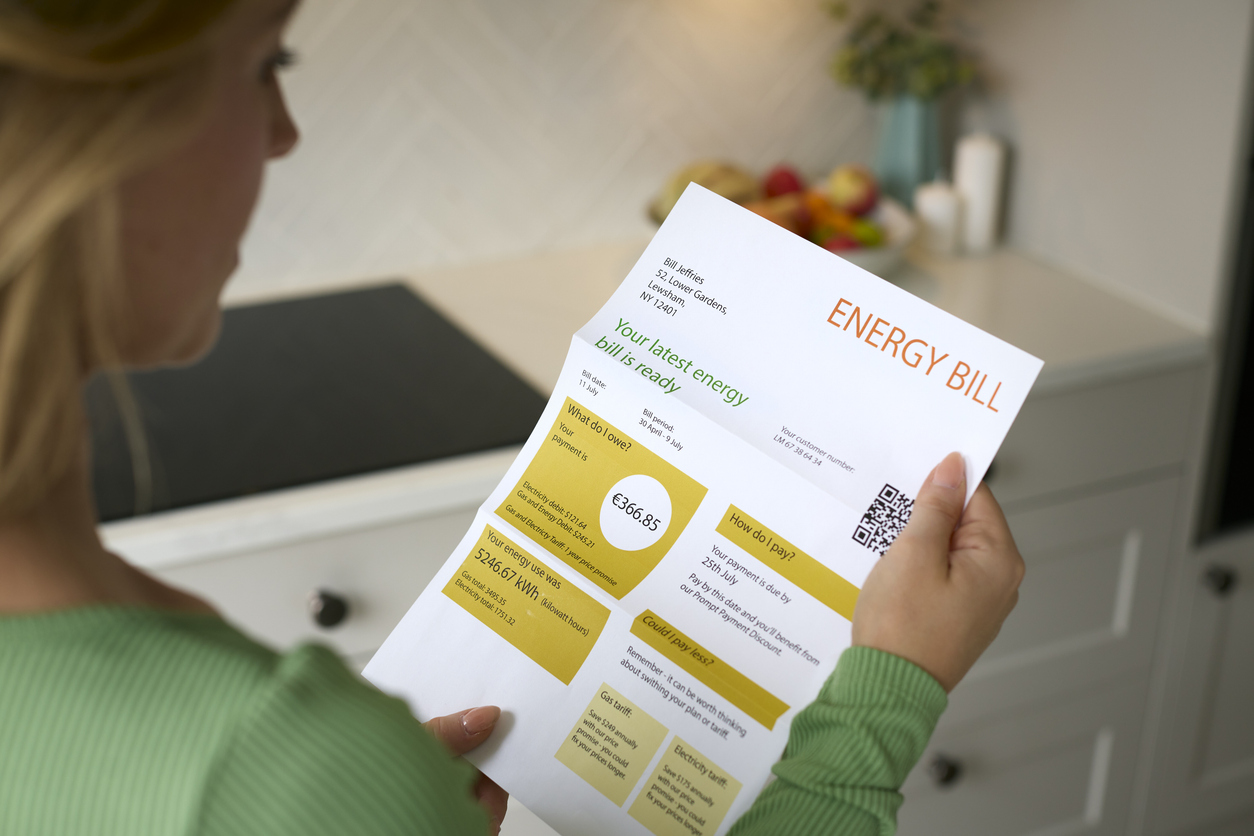By Carl Packman, Head of Corporate Engagement at Fair By Design
Today marks Fuel Poverty Awareness Day. A day set up by charity National Energy Action to raise recognition of this devastating issue affecting millions of households nationwide.
This year is particularly important. Many people around the country are already suffering the worst impacts of the pandemic. The winter months could exacerbate these immense difficulties. Struggling with extra energy costs could push people even further into despair.
With many of us spending more time at home due to Covid-related restrictions it has never been more important to highlight the problems of fuel poverty.
Fuel poverty and the poverty premium
Fuel poverty refers to the costs of adequately heating a home, related to the proportion of someone’s income it takes to achieve that.
It is affected by three key factors: a household’s income, their overall fuel costs, and their energy consumption.
A household is considered to be in fuel poverty when they need to spend more than 10% of their income on their home fuel.
In the most recent estimates (2018), around 10% of households in England were classed as fuel poor (2.4m households), 24% in Scotland (613,000 households), 12% in Wales (155,000), and 18% in Northern Ireland (160,000).
At Fair By Design, we are concerned with another piece of this jigsaw that will affect many fuel poor households across the country: the poverty premium. The extra costs paid for essential services by low income households. The average cost of this premium is £490 every year.
In our most recent report, a study of 1,000 low income households accessing the services of national poverty charity Turn2Us, written by the Personal Finance Research Centre at the University of Bristol, the average cost of being on a default energy tariff – the most expensive tariff – is the second largest contributor of the poverty premium. It could cost over £200 extra per year. More than half of low income households languish on these expensive tariffs.
Unfortunately many households across the country are on a low income, living in a cold home that requires more energy to be comfortable, and on a poor value tariff that means they end up paying considerably more for what most people would consider a basic necessity.
If you’re not digital, and you live in a property with poor insulation, those costs can get even higher.
We know about the health impacts of living in a cold home. As a recent briefing report from the House of Commons Library points out, living in a cold home increases the “risk of heart attack or stroke, respiratory illnesses, poor diet due to “heat or eat” choices, mental health issues, and worsening or/slow recovery from existing conditions. Those most at risk of ill health from fuel poverty include children the elderly, and long-term sick and disabled people.”
Yet we know dealing with this problem helps everybody.
Dealing with cold homes saves money for key services. Retrofitting fuel poor homes reduces NHS costs of roughly £1.4 billion each year in England alone. For every £1 spent on reducing fuel poverty, 42p is expected in annual savings for the NHS.
Dealing with cold homes contributes to saving the planet. The Climate Change Committee (who advise the Government on decarbonisation) has said “addressing fuel poverty should continue to be a priority.” This is because energy efficiency reduces our energy consumption, and saves us all money.
The Business, Energy and Industrial Strategy (BEIS) Select Committee’s report on energy efficiency points out that efficiency measures have already saved households around £290 per year since 2008. “Reducing total energy use by 25 per cent by 2035 would result in average energy savings for consumers of roughly £270 per household per year.”
What do we at Fair By Design want to see?
The solutions for this problem require work from everyone: government, regulators, energy suppliers and more.
This should not be a tall order. The results benefit everyone. Helping people across the country to stay warm and well during the winter months and beyond contribute to saving the NHS and the planet. Something we can all get behind.
For those households affected today by the dual blight of fuel poverty and the poverty premium we want to see immediate action:
- Maintain schemes that keep the price of bills low like the Warm Home Discount. This is a rebate of £140 for low income households which goes towards their energy bills. Currently the scheme goes directly to low income pensioners, and to other households only if they apply. We want to see all those who are eligible get the rebate automatically in future.
- Extending price caps on energy bills to make sure energy consumers are protected when spending to keep their homes warm. We think it’s essential that Ofgem sets price caps at reasonable levels for households on default tariffs and using prepayment meters.
- Services should be designed inclusively [1] and not necessarily ‘digital-by-default’. Not everyone is comfortable with online tools. Yet, so much of the energy market is going that way. Today, in order to save money on bills you need to be constantly online, comparing different suppliers, and controlling relationships with those providers digitally. Some people struggle to do this. For others it’s impossible. If the service is not designed for everyone, then it’s exclusionary by design.
To support Fuel Poverty Awareness Day, use the hashtags #FuelPovertyAwarenessDay and #WarmSafeHomes.
[1] To find out more on our Inclusive Design work, check out our website: https://fairbydesign.com/news/inclusive-design-in-essential-services/





